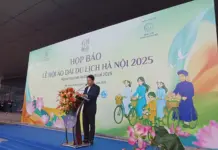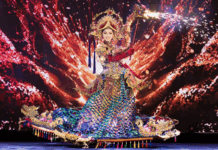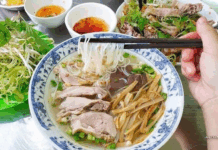Vietnam’s history shows that followers of different religions have accompanied the nation in building and defending the country. Religious people were companions of communists in their fight against oppression and injustice to gain independence for the nation. They are now making major contributions to national construction.
Vietnam is a country where many beliefs and religions exist, including those spread from overseas such as Buddhism, Catholicism, Christianity, and Islam, and domestic ones such as Caodaism and Hoahaoism.
|
Caodaism followers in Tay Ninh holdthe grand ritual dedicated to Duc Chi Ton (Supreme Being). Photo: Nguyen Luan / VNP
|
Although the belief and worship of practitioners are different from one religion to another, religious people nationwide share a common national spirit and patriotism. The national spirit has been in every Vietnamese regardless of their belief or religion. Whenever the fatherland is in danger, that spirit rises high. Religious followers joined the country in its fight to gain national independence and freedom without which freedom of religion could not be attained. This fight unified practitioners of different religions with the entire nation.
Vietnam now has 39 religious organizations of 14 religions recognized and licensed by the state. These organizations have a total of 28,000 worshiping places with nearly 25 million followers, accounting for around 27% of the population. Annually, there are around 8,500 religious festivals at national and local levels.
Religious organizations in Vietnam are encouraged and facilitated to participate in health, cultural, social and humanitarian activities through which they can make contributions to building and developing the country.
It is groundless to say that in Vietnam freedom of religion is only on paper and impractical. This is a one-sided, unobjective and ill-willed view on religions and beliefs in Vietnam.
The state of Vietnam has made every effort to ensure the equality in its policy on freedom of religion with three basic principles: equality in beliefs, equality in rights and obligations (religion obligations and citizen obligations), and equality before the law. Freedom of religion and belief in Vietnam is placed harmoniously with historical and cultural elements in association with maintaining national security and sovereignty.
|
“Beliefs and religions in Vietnam, though different in origin and principles of practice, do not conflict but intermingle and harmonize with one another, reflecting a rich and diverse spiritual life of the Vietnamese people who are kind-hearted, humane and tolerant, and have a high sense of national unity.” Czech journalist Pavel Herman, online newspaper Parlamentnilisty.cz |

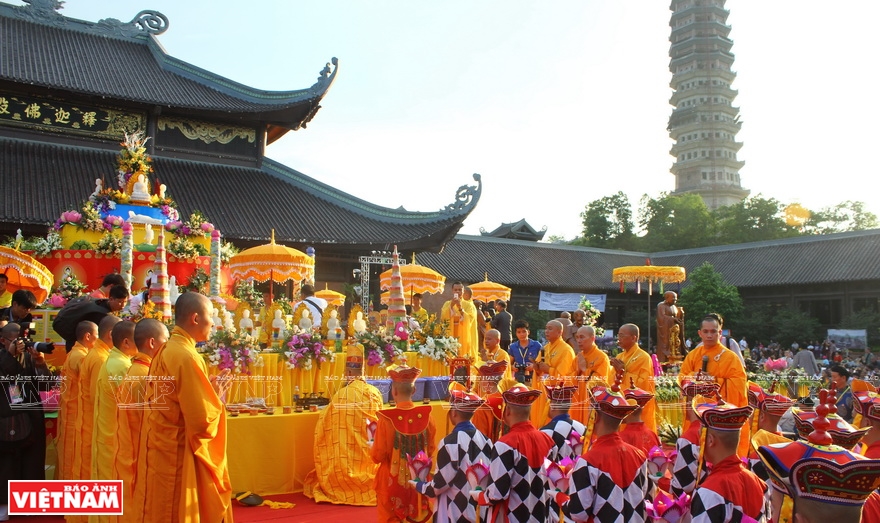
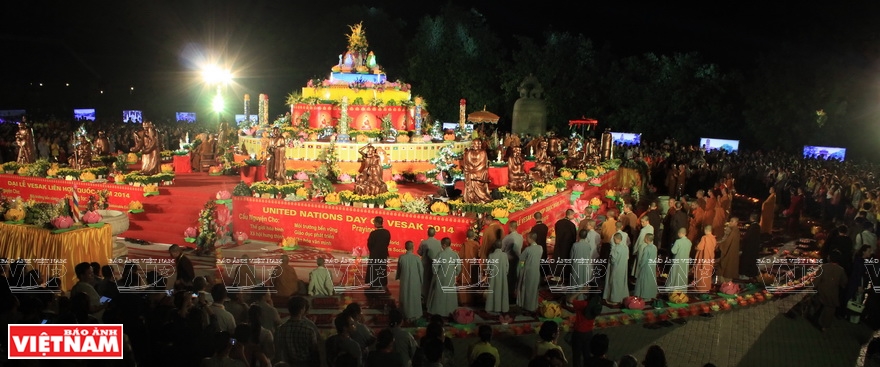
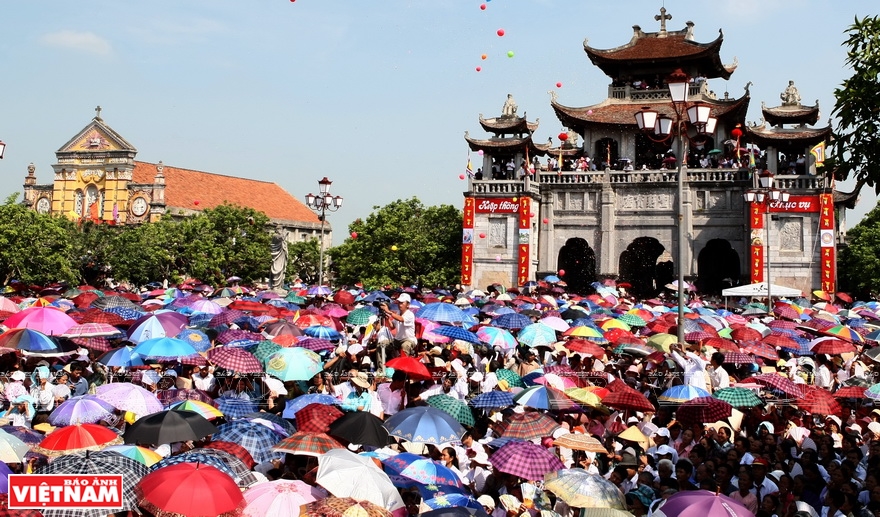
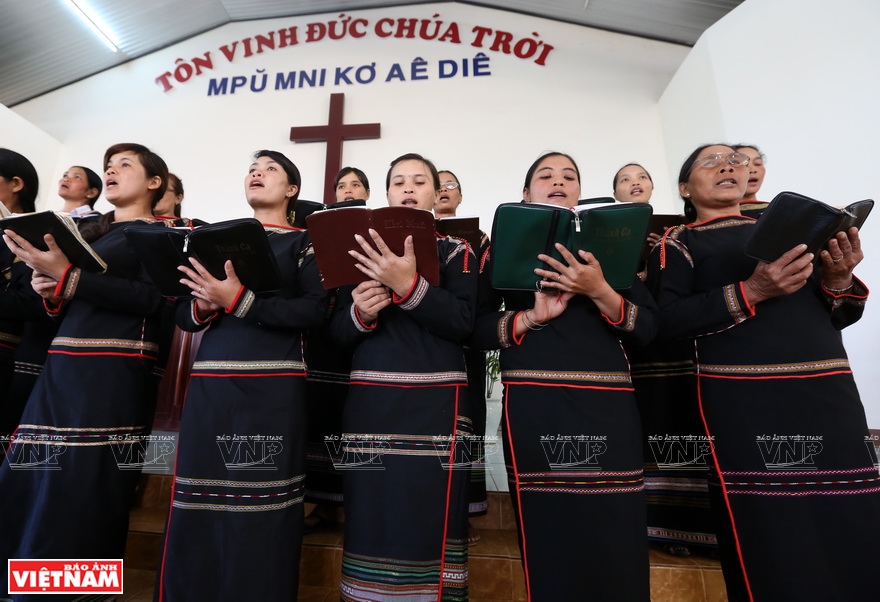
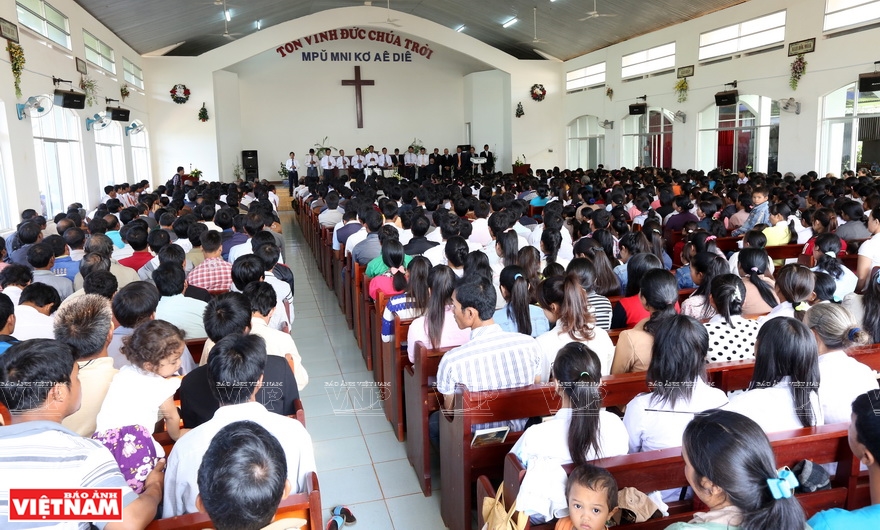 A Sunday Holy Communion service at
A Sunday Holy Communion service at